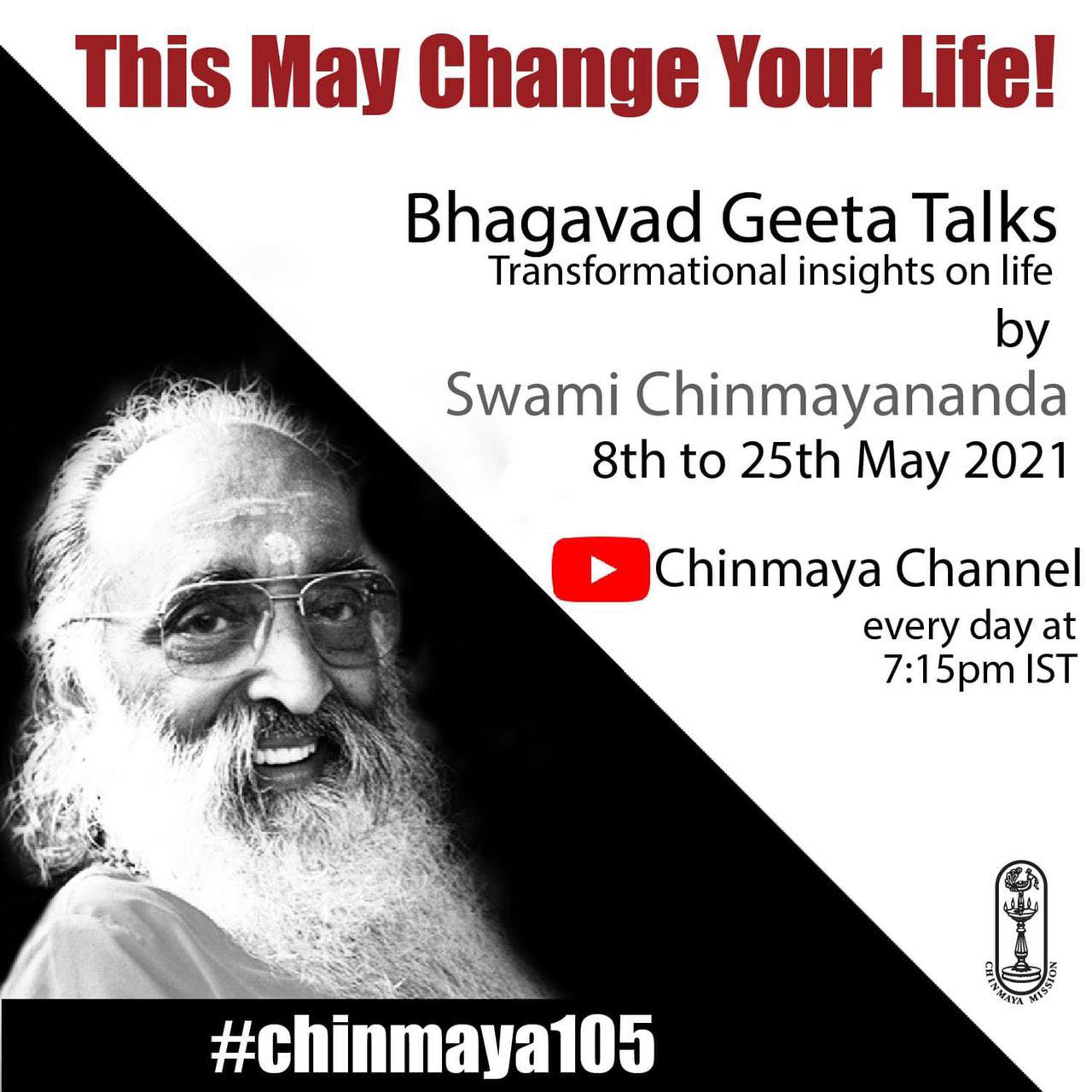The Essence of the Aitareya and Taittiriya Upanishads 5.11. - Swami Krishnananda.
----------------------------------------------------------------------------------
Tuesday, May 11,2021.05:47.PM.
Chapter 5: Ananda Mimamsa-11.
----------------------------------------------------------------------------------
Now in all these realisations, there was a little bit of externality. Whatever be the expanse of this experience in its cosmic manifestation, there is still a sort of externality in it. That externality should also go completely into universal subjectivity. That had not taken place yet. So, after the realisation of the cosmic understanding, mahat tattva, again he went to the father and said, “Teach me Brahman.” The father said, “Meditate further and realise for yourself.” Then he realised “anandam brahmeti vyajanat”: Bliss is Brahman. The constitutive essence of Reality is happiness. It is not objectivity; it is not an attribute, and it is not a thing.
So now we come to the essential point of the Upanishad and the essential aim of life itself. We are in search of happiness, and not in search of objects. If we are under the wrong notion that we want bungalows, lands, gardens, property, airplanes, friends and relationships, we are fools of the first water. These are not what we want. All these are tools that we use for the purpose of evoking that universal happiness within us. That happiness is the real substance. Whatever may be our earthly possession, if we are not happy at the core of our heart, what is the use of that possession? If possession alone is sufficient and nothing else is wanted by us, then we can strive for such possessions. There are many in this world who have a lot of possessions, but they are miserable at the core. Unhappy is man. He is born with unhappiness, he lives in unhappiness, and dies in unhappiness. He lives merely in search of happiness, but he does not find it at all. It cannot be found, because it is inside him. How will he find it? He cannot search for himself outside in space and time!
So, by deep meditation Bhrigu realised the universality of happiness. Now we are to understand another important feature of this happiness. We, as students of psychology, in the Western sense especially, are likely to characterise happiness as a quality of an object, like greenness, blueness and whiteness, etc., and think that happiness also is a character. “I have happiness. I am happy.” Such statements are likely to lead to a misconstruction of the very meaning of happiness. We are not happy in the sense that the flower is blue or the wall is white, etc. It is not an adjective of ourself. Happiness is not an attribute, in an external sense.
Again we are coming to externality, which has to be abolished from the mind completely. There cannot be an attribute or quality unless there is space and time. Now we have gone beyond space and time; so, where comes the question of attribute? So, it is not that we are happy in an adjectival fashion. But we have come into possession of our true nature by the withdrawal of sense activities, and we have merged our consciousness in our own Self which is the true substance of things, and not merely a quality. This substance is the existence of things, and it is the happiness of things. This existence itself is happiness. “Raso vai sah.” It is called rasa, the quintessence of things. It is the quintessence because it is the innermost substantiality of all objects.
To be continued ...
=======================================================================



.jpg)

Comments
Post a Comment